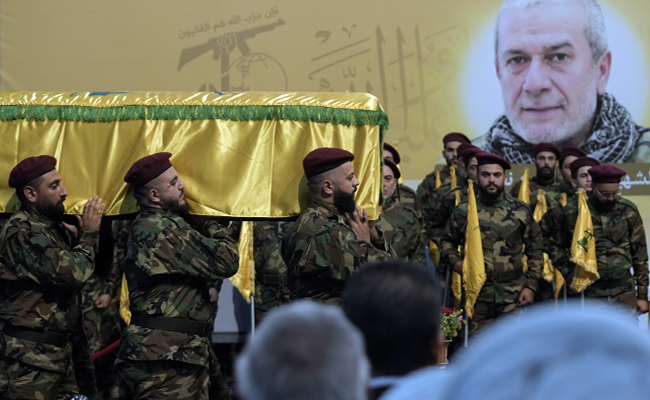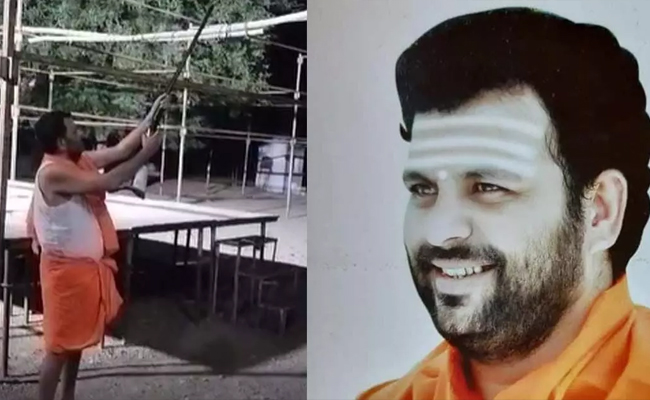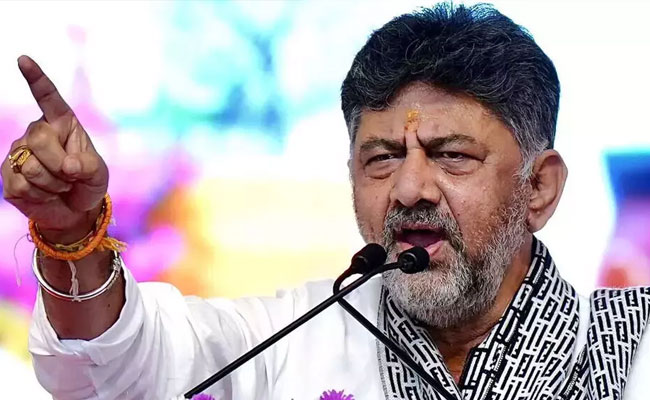Beirut (AP): The Lebanese Hezbollah group said it launched over 200 rockets on Thursday at several military bases in Israel in retaliation for a strike that killed one of its senior commanders.
The attack by the Iran-backed group was one of the largest in the monthslong conflict along the Lebanon-Israel border, with tensions escalating in recent weeks.
The Israeli military said "numerous projectiles and suspicious aerial targets" had entered its territory from Lebanon, many of which it said were intercepted. There were no immediate reports of casualties.
It said about 200 “projectiles” were launched toward the occupied Syrian Golan Heights and over 20 drones into Israeli territory, but that it had intercepted some of them.
Israel after Hezbollah's attack struck various towns in southern Lebanon. The Israeli military said it struck Hezbollah's “military structures” in the southern border towns of Ramyeh and Houla.
Lebanon's state-run National News Agency reported an Israeli drone strike of Houla killed at least one person. Israeli jets also broke the sound barrier over the Lebanese capital and other areas in the country.
Israel on Wednesday acknowledged that it had killed Mohammad Naameh Nasser, who headed one of Hezbollah's three regional divisions in southern Lebanon, a day earlier.
Hours after the killing, Hezbollah launched scores of Katyusha rockets and Falaq rockets with heavy warheads into northern Israel and the occupied Syrian Golan Heights. It launched more rockets on Thursday and said it had also sent exploding drones into several bases.
Nasser was of great importance to Hezbollah, which said he took part in battles in conflicts in Syria and Iraq from 2011 until 2016 and fought in the group's last war with Israel in 2006. Two other senior Hezbollah commanders have also been killed.
The US and France are continuing to scramble to prevent the skirmishes from spiraling into an all-out war, which they fear could spillover across the region. Washington in its shuttle diplomatic efforts initially hoped for calm along the Lebanon-Israel border in a deal that is not linked to the war in Gaza. However, since the US has called for Hamas to agree to a cease-fire proposal presented by President Joe Biden, it has said that an end to the war in Gaza would lead to calm in Lebanon and northern Israel as well.
Let the Truth be known. If you read VB and like VB, please be a VB Supporter and Help us deliver the Truth to one and all.
Kalaburagi: An incident involving a swamiji firing a gun into the air has been reported from Udachan village in Afzalpur taluk of Kalaburagi district. The act, captured on video, has since gone viral on social media.
The swamiji has been identified as Sri Shantalinga Shivacharya, pontiff of the Hiremath of Sri Shankaralingeshwara Samsthana. According to reports, the incident took place on Sunday evening within the premises of the math, where the swamiji allegedly fired a single-barrel gun into the air.
This is not the first time the swami has courted controversy. Last year, he was reportedly found driving erratically under the influence of alcohol in Salotagi village of neighbouring Indi taluk, following which members of the public confronted him. He later fled from the math, sources said.
ALSO READ: 'Trump travelled on at least eight Epstein flights’: New Epstein files released by US Justice Dept
More recently, during the annual fair of the Sri Shankaralingeshwara Math in Udachan village, the swami had arrived at the village with police protection, claiming to be the rightful pontiff of the math. Despite opposition from villagers, he reportedly went ahead and conducted rituals related to the fair.
The latest incident of firing the gun into the air has triggered criticism, especially after the video surfaced online. Further action, if any, is awaited from the authorities.





